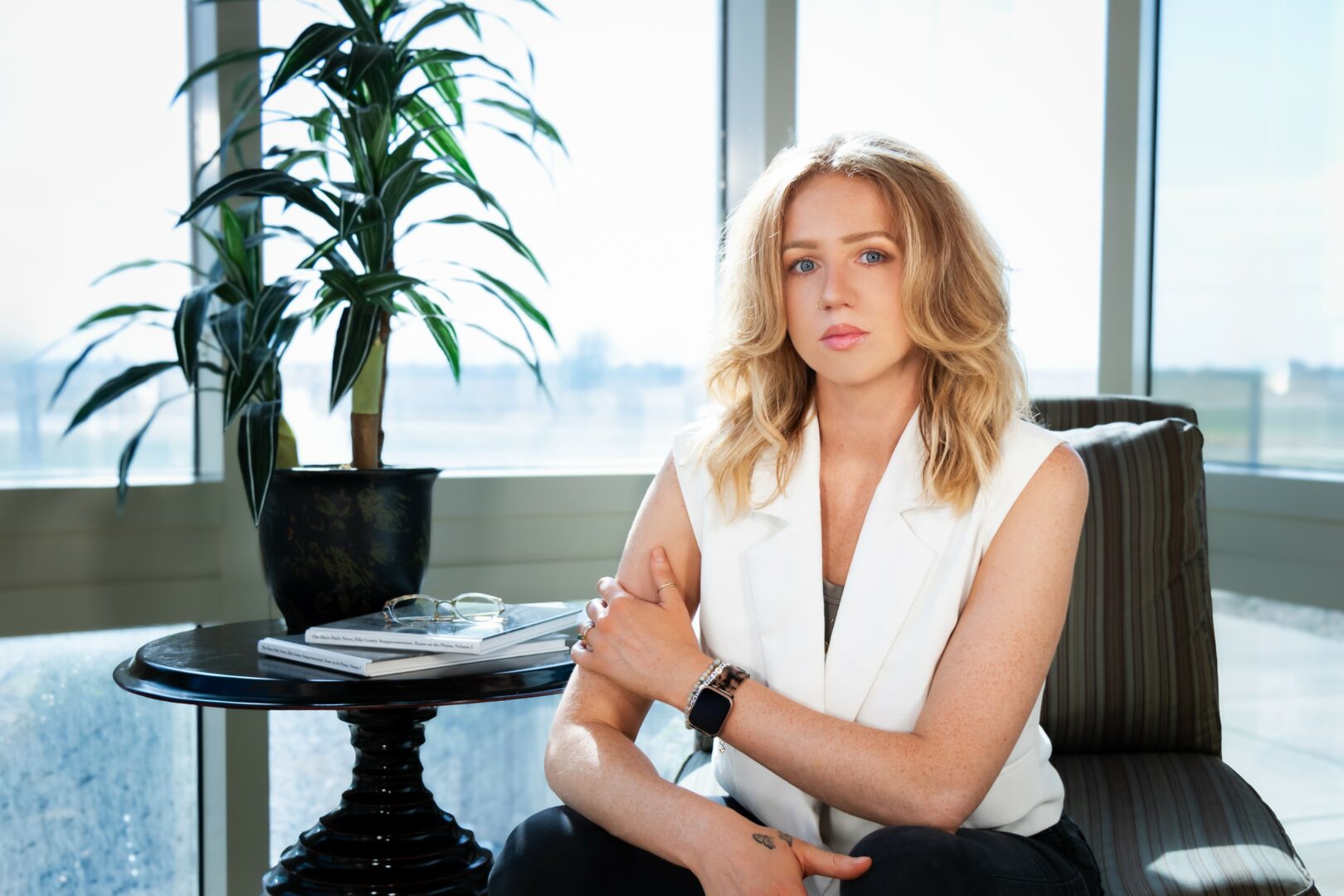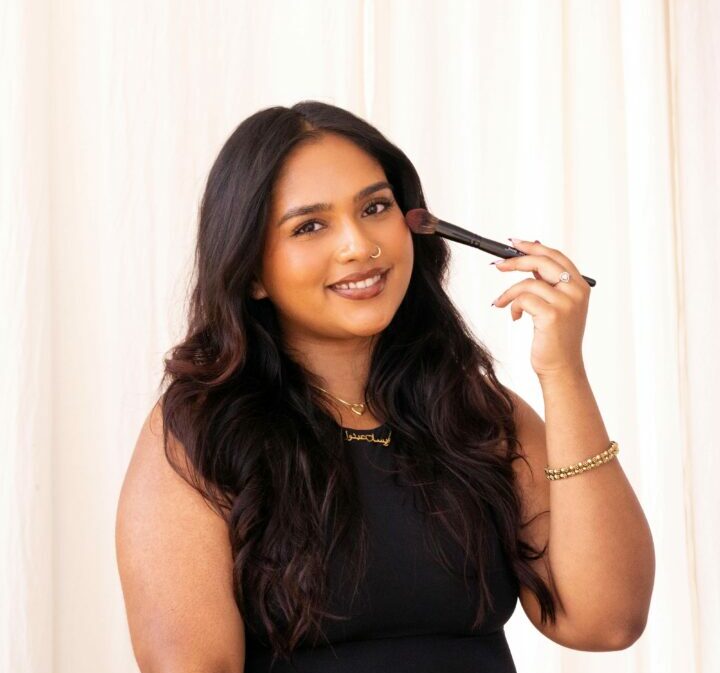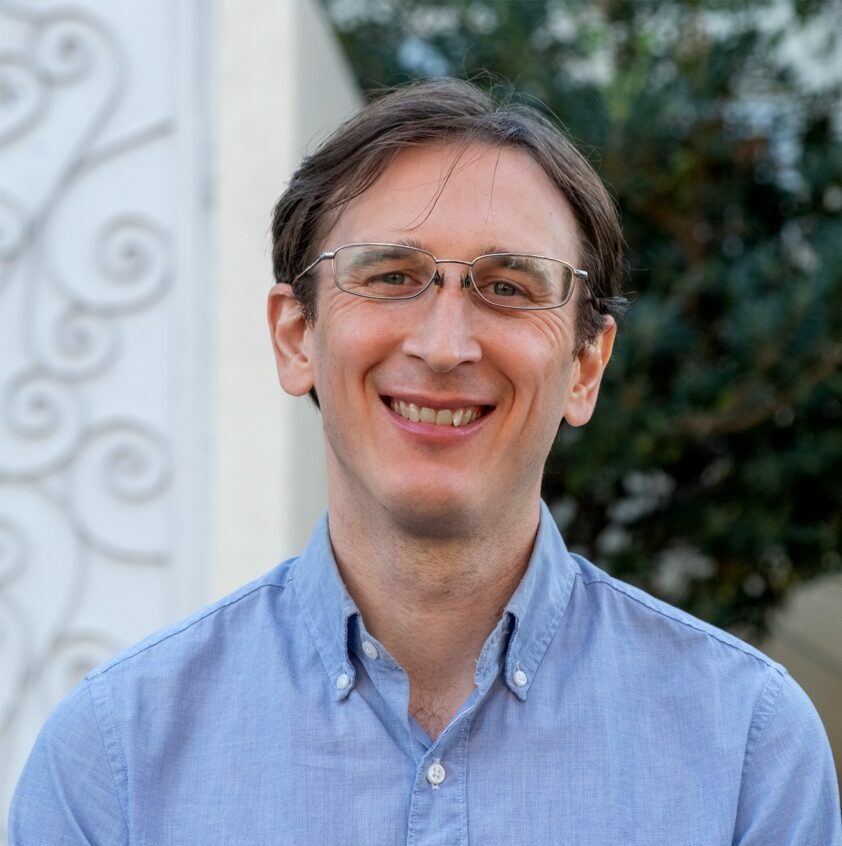We recently connected with Teo Marinakis and have shared our conversation below.
Teo, thank you so much for making time for us. We’ve always admired your ability to take risks and so maybe we can kick things off with a discussion around how you developed your ability to take and bear risk?
As a filmmaker I believe taking risks is one of the most important skills to success. As storytellers and innovators it is our duty to push the envelope when it comes to creating, in order to keep evolving the medium and the only way to do so is by taking risks. The reason why making a good film is so hard is that everything involved is an artistic choice. Each choice presents a risk that can pay off or not.
Personally I believe in doing things the “non traditional” way. I came up in a guerrilla film making style, in other words telling our stories “by any means necessary”. One of my favorite books is “Rebel Without a Crew” by Robert Rodriguez, where he explains how he made his (very successful) first feature film with no crew and a shoestring budget. It inspired me to make my own films, taking the risk that it might not come out the way I want it to because the truth is, it never will. It’s always going to be a risk to make a film and put it out there for people to see.
I’m often faced with my own internal fears of failure. “What if this project that I have been working on for months and put all my money into is a failure?” It’s a scary thought (and trust me I think about it a lot) but it doesn’t take you anywhere. I think everyone has these insecurities, so why not think about great artists instead, who while having these same fears and insecurities took high risks with their art and changed the way we view their medium. I tend to tell myself, “worst case scenario, if my current project fails I’ll learn from my mistakes and bet that my next one will succeed.”
Taking risks to me feel like a muscle you need to exercise. It’s an internal battle against our risk averse instincts that come from millions of years of evolution, going against our very nature. Recent studies link willingness to take risks to the prefrontal cortex and the amygdala and the connections between the two. The more you exercise risk taking, the easier it becomes as you start to realize the things you’re capable of.
Great, so let’s take a few minutes and cover your story. What should folks know about you and what you do?
For sure. My name is Teo Marinakis, I’m 26 years old, and I’m a filmmaker and artist based in NYC. I was raised in Santiago, Chile, and my parents are from Brazil and Argentina so I grew up around a lot of different South American cultures. I think it’s a blessing because it allowed me to learn different languages, see so many amazing places, and experience the rich cultures of each place.
I’ve always had an inclination towards the arts. I loved drawing and painting as a kid, and later, in middle and high school, I participated in theatre and dance at my school. I also started producing music which I kept doing through college and collaborating with different artists. But it was around that time that I realized the collaboration potential of filmmaking and that it wasn’t this distant thing that was unattainable. I realized film is the medium which combines all artforms. From that point on I decided it was what I wanted to do with my life.
So I moved to New York to go to film school at NYU, where I learned so much about the craft and met great people and collaborators I’ve been working with since. It gave me the opportunity to make my own projects and collaborate with people on theirs and really find the things that interest me within film. After graduation, I started a production company with some friends, where we made a lot of short-form projects such as music videos and commercials for brands and artists. Some of the projects we made were submitted to film festivals and won awards at festivals such as the French Riviera Film Festival, Hip Hop Film Festival, and Indy Shorts International Film Festival. That was another great experience that taught me the value of building a team of collaborators you can rely on for projects.
Most recently, I applied and was accepted for the O-1 extraordinary talent visa which allows me to live and work in the USA. I have been working on music videos such as “Noche Demás by Alejo” which has already garnered over 600k views on YouTube, and “Burn Out by Chris Leamy.” I’ve also been finishing post-production on my latest short film titled Sigal and planning its release.
I feel blessed to have the chance to chase my goals and advance my career in such a dynamic city like New York and to collaborate with amazing artists on each project. I think this year, I just need to keep climbing higher and stay on the path in this journey that’s just starting.
Looking back, what do you think were the three qualities, skills, or areas of knowledge that were most impactful in your journey? What advice do you have for folks who are early in their journey in terms of how they can best develop or improve on these?
Asking for help is one of the most valuable qualities one can have when coming up in any field, and I don’t think it’s talked about nearly enough. I think a lot of people want to do things all on their own and instead see asking for help as a sign of weakness. For me it has proven to be the exact opposite. Being confident enough to ask someone more knowledgeable than myself for help has always put me three steps ahead than if I tried to do it alone. Moreover, I believe that most people who are passionate in their field and see genuine passion in you for that thing will bee more than willing to help, you just need to reach out and ask the right questions.
Another skill that has proven time and time again to steer me towards success is independent research. Of course asking for help is necessary, but you can’t always rely on other people to steer you in the right direction. Especially nowadays with the amount of resources out in the internet it’s a super important skill to teach yourself new skills and find new ways of doing things through research. For me it’s a process with every new project I get there is a phase of research where I try to learn as much as possible about the topic I’m exploring. This helps me to create my vision and be able to present it with clarity to my clients.
Lastly, the most important skill one can have in any industry but it applies heavily to the film and media industries is perseverance. You will get a lot of no’s and then more no’s and even more no’s before you get a much awaited yes. It’s necessary to leave no stone unturned and keep trying without giving up. Professional athletes train for hours everyday to be at their highest level to play games and chase championships. I see art as no different, it is necessary to train everyday to make the best creation you can make. Your first one will probably be bad, and your second one. And that’s okay, because it’s practice and it’s what you must learn from so that each time you make something new it turns out better than the last.
Who is your ideal client or what sort of characteristics would make someone an ideal client for you?
Ideal clients for my business are record labels, independent musicians, fashion brands, and small to medium sized creative agencies. I am specialized in providing artistic and tailor-made short form film/video content such as music videos and commercials for clients in these industries. My differential is that my work on each video is very much tailored to the specifics of the client and the project we are working on. There is a whole research phase where I learn about the topic I am pitching as deeply as possible and I take references from fine art, films, television, and photography to create a treatment that outlines what the end product will look and feel like. I will then have a conversation with the client to talk about what they like and changes that they would like to see in the project outline. From there we move onto pre production where we allocate our resources into each specific area of the video, find all necessary components such as location scouting, casting, crew, etc, and prepare all production materials. We then go through production where I direct the video and bring the client’s vision through the lens. Finally we take care of post production giving the client multiple drafts for comments and changes before the final product is delivered in all necessary formats for publications, social media, etc.
Contact Info:
- Website: teomarinakis.com
- Instagram: www.instagram.com/teomarinakis/
- Linkedin: www.linkedin.com/in/teomarinakis/
- Other: vimeo.com/teomarinakis
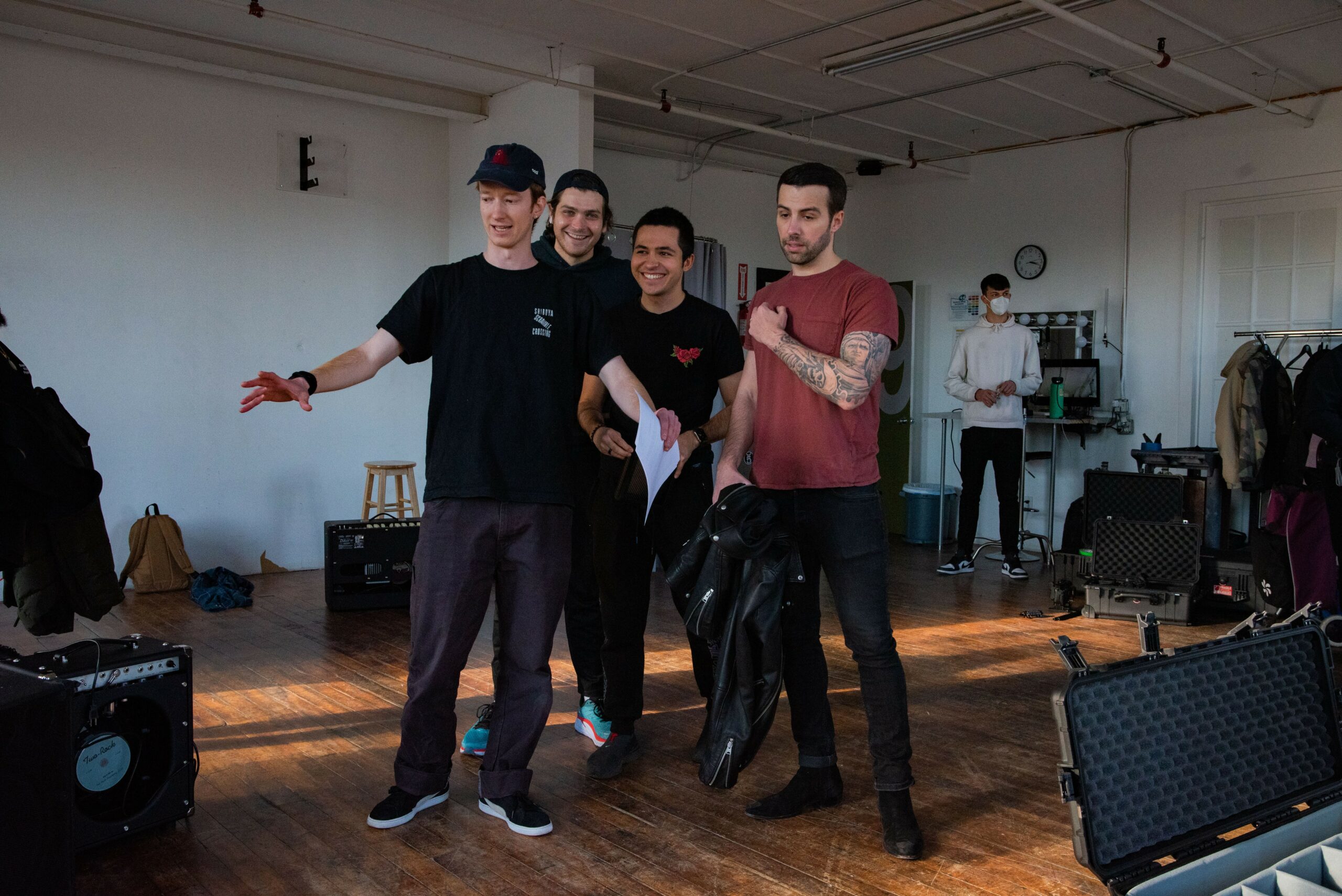
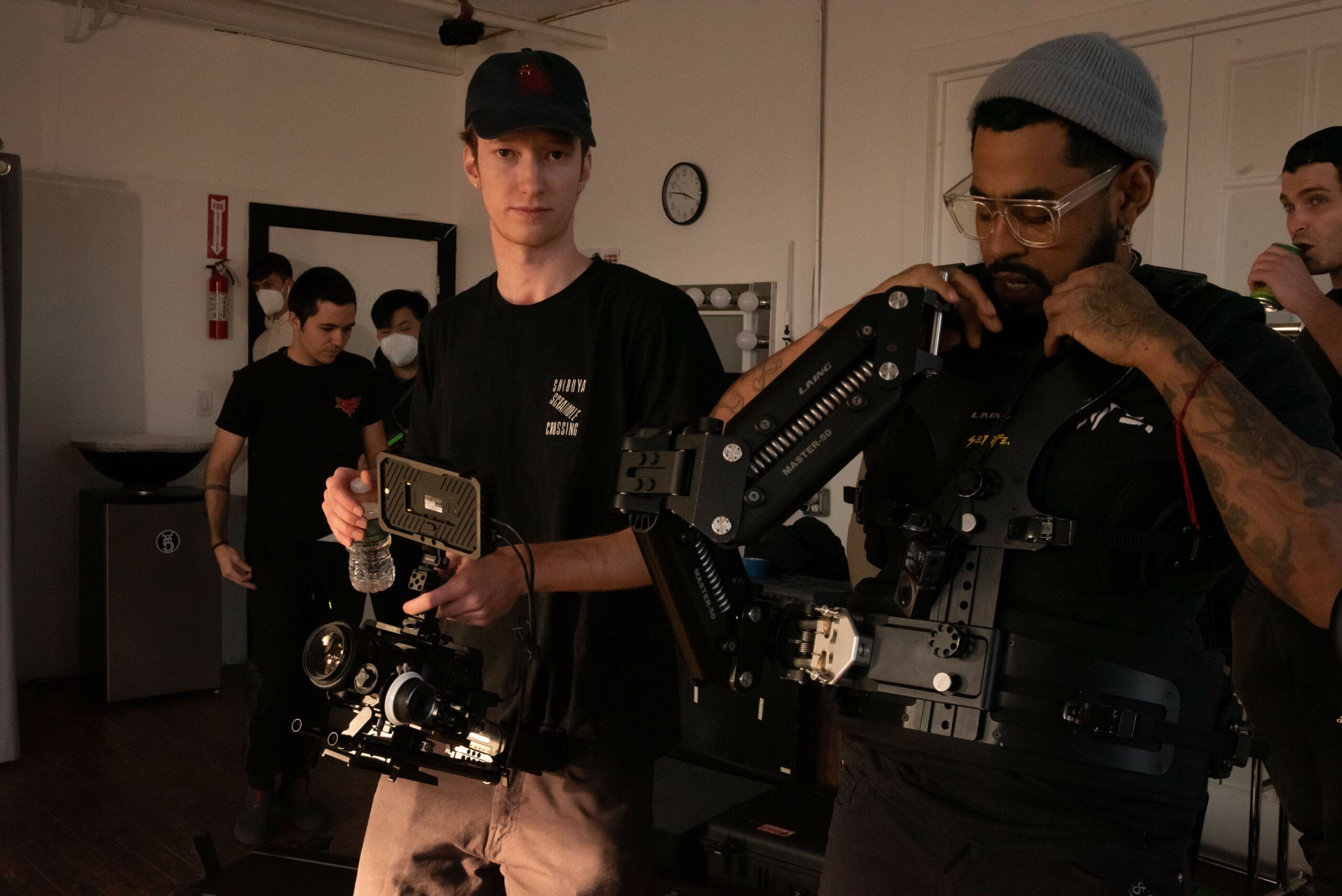
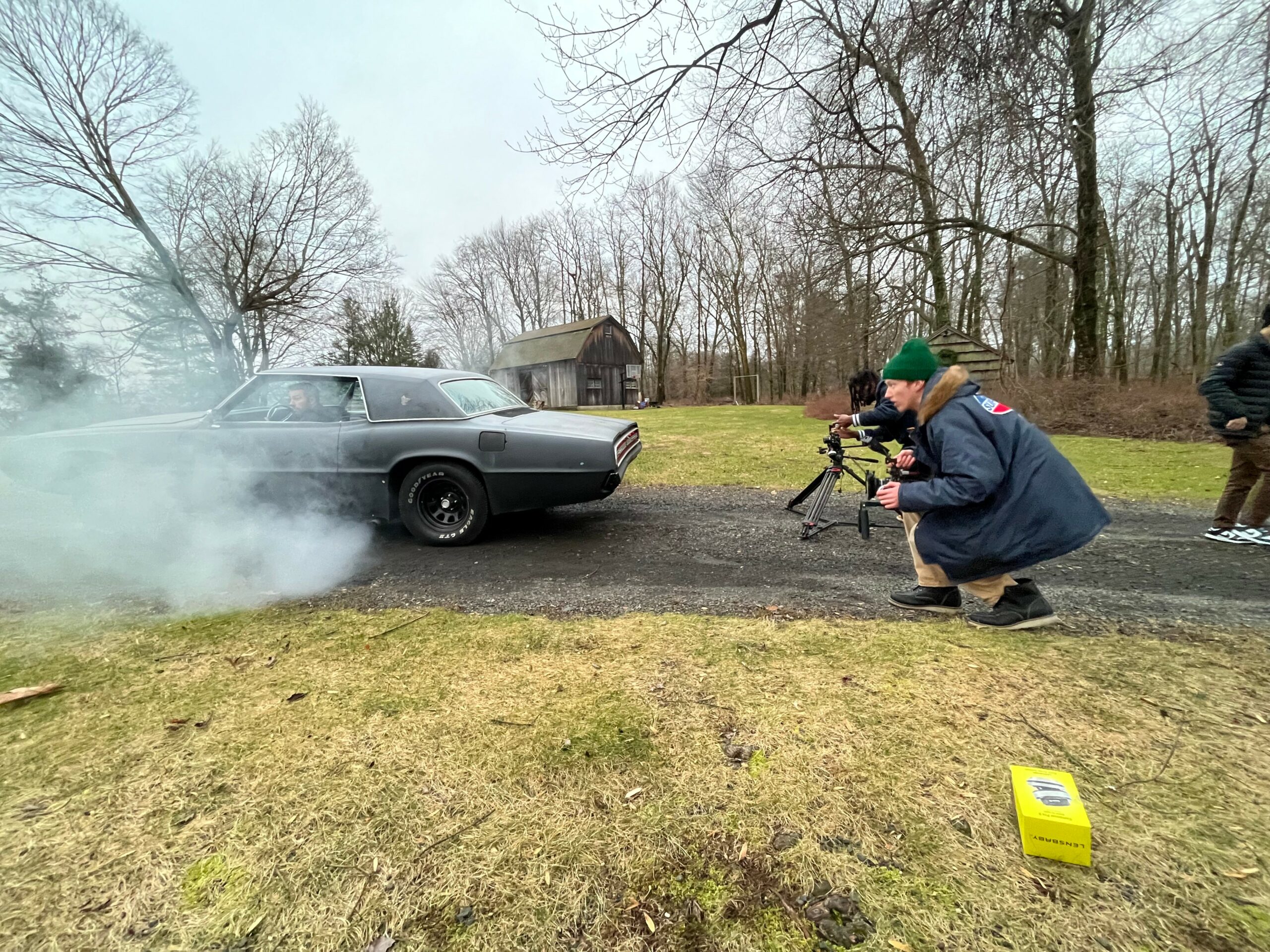
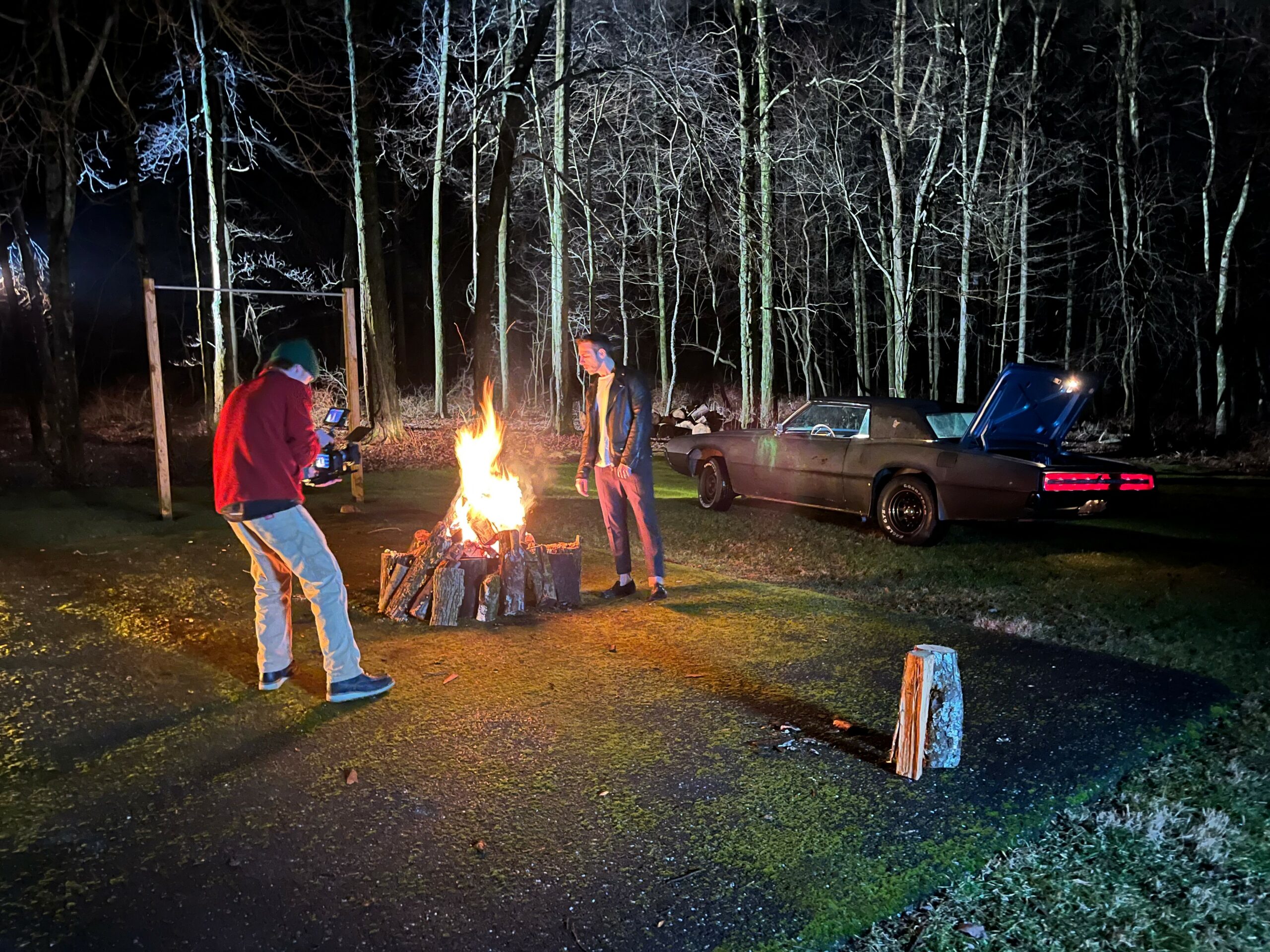
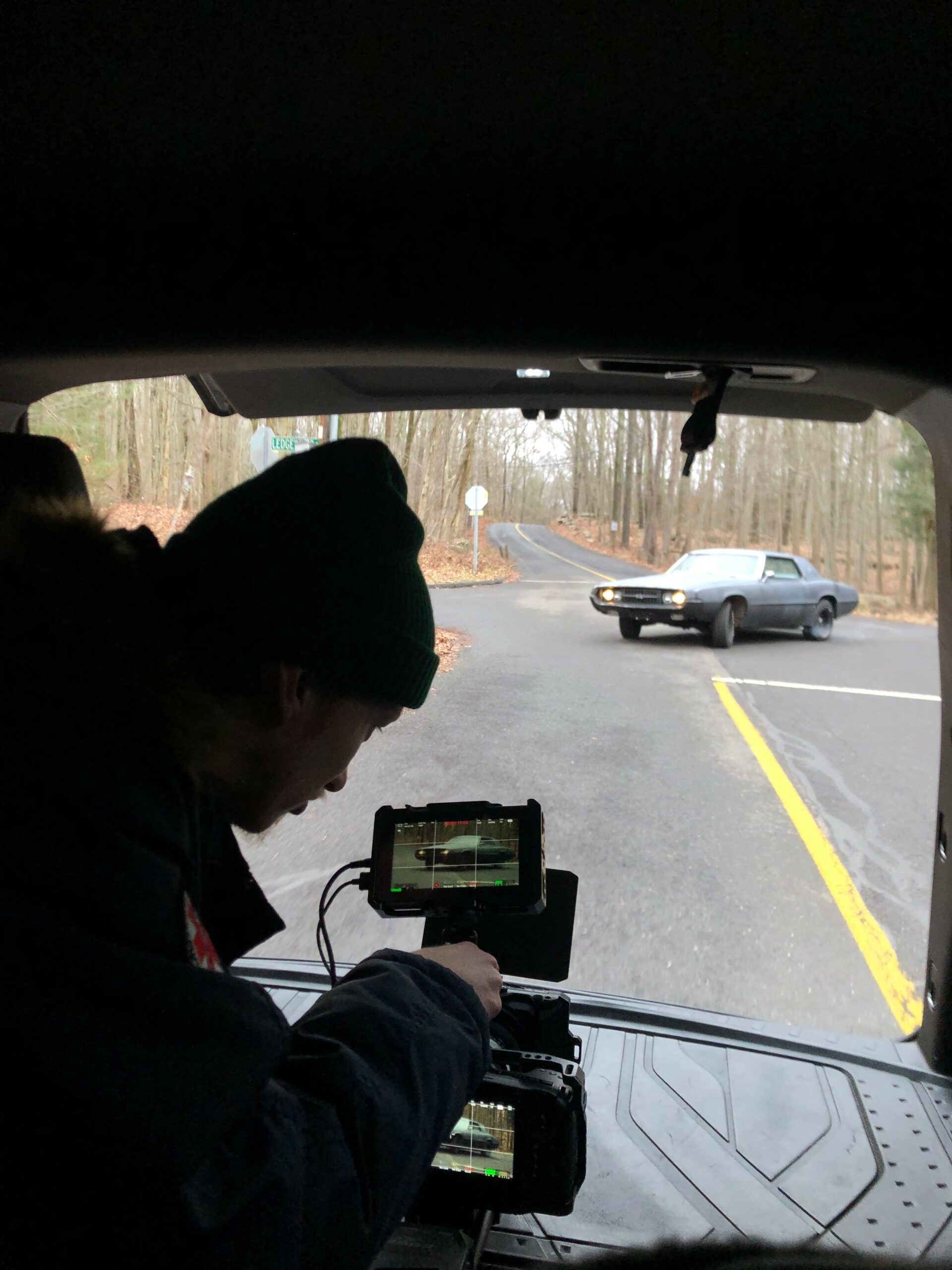
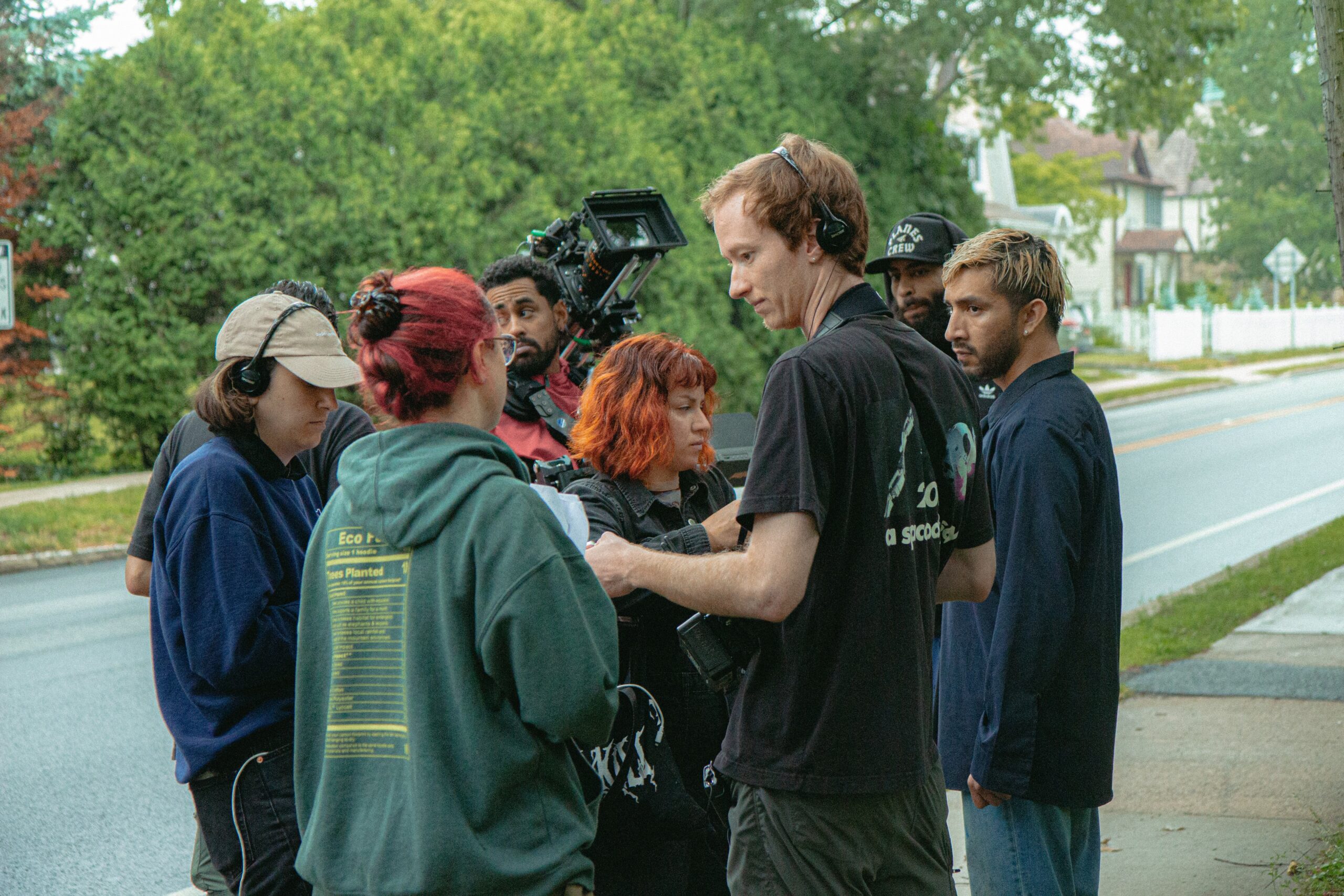
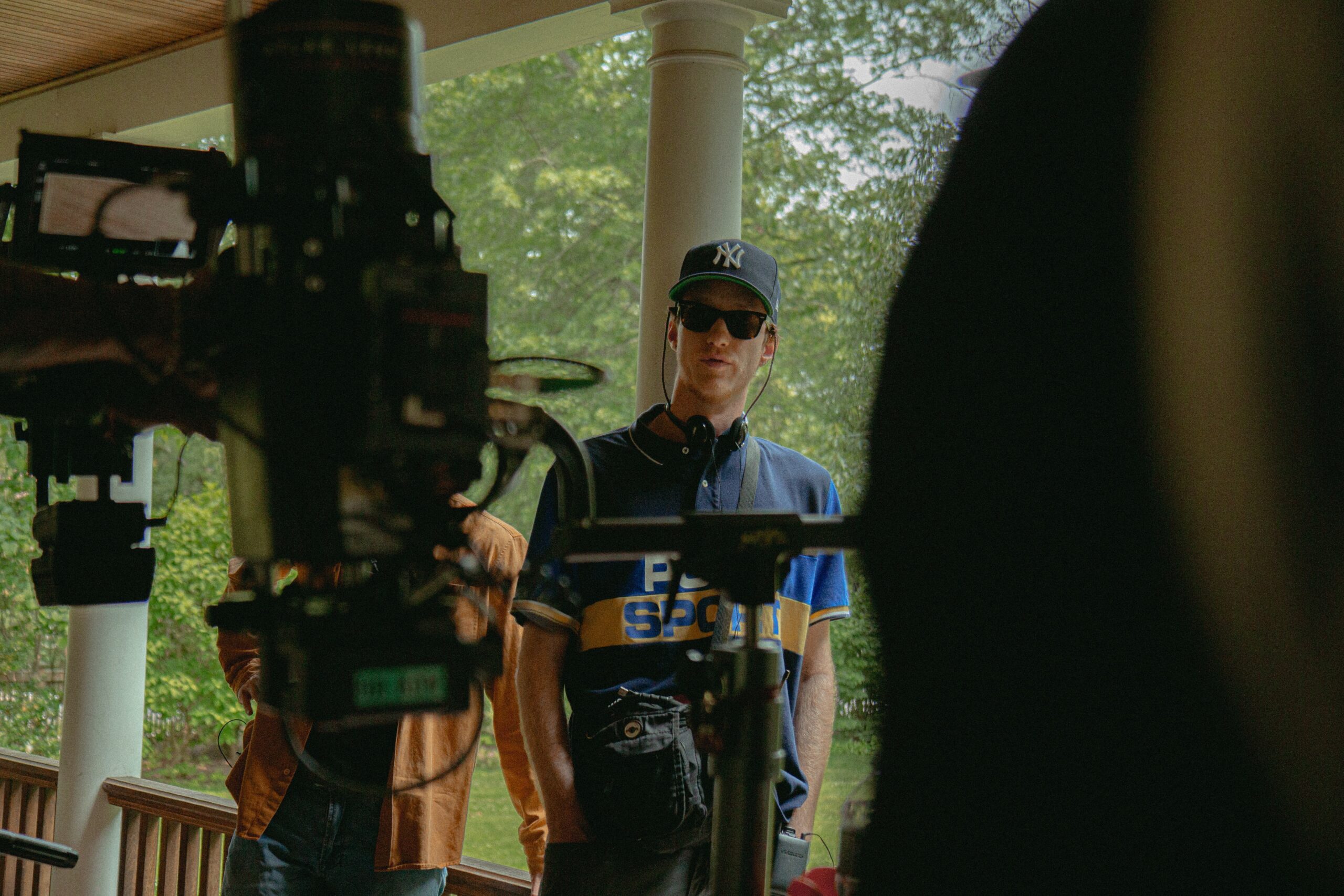
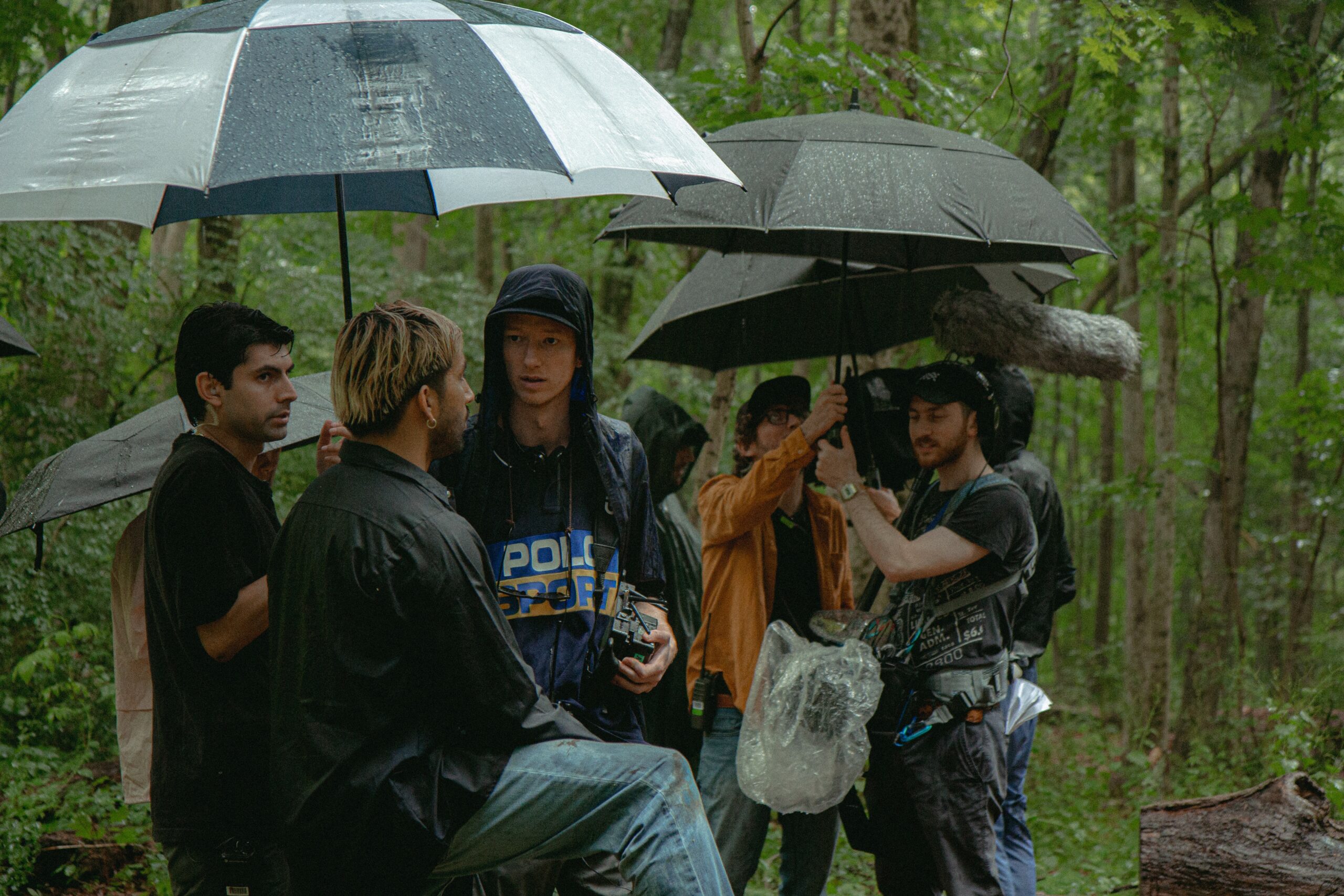
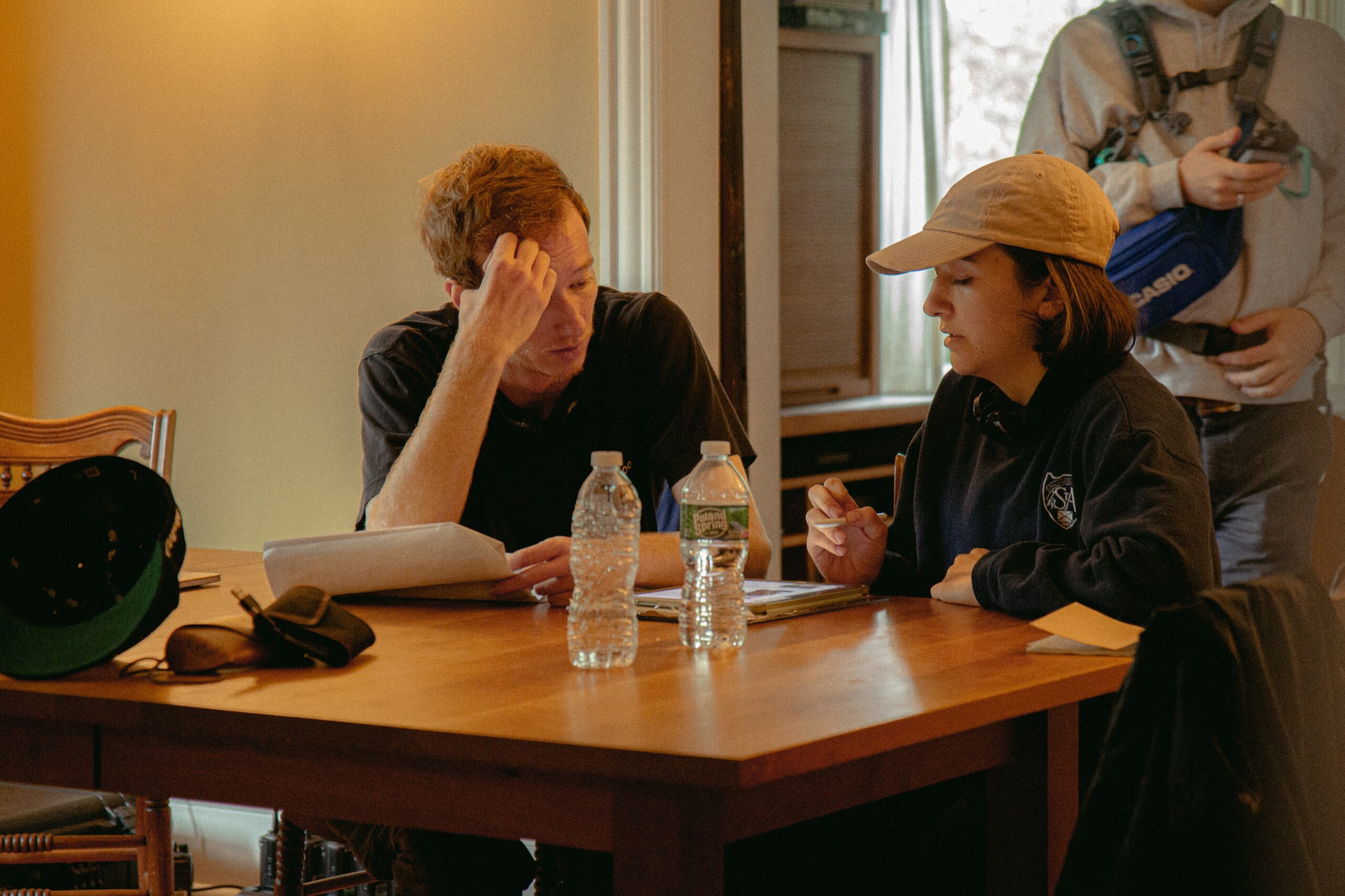
Image Credits
Jessica Neves (Personal photo + 1,2,3,6 from additional photos) Kiara Terrero (4,5 additional photos) Shota Takei (7, 8, 9 additional photos)


